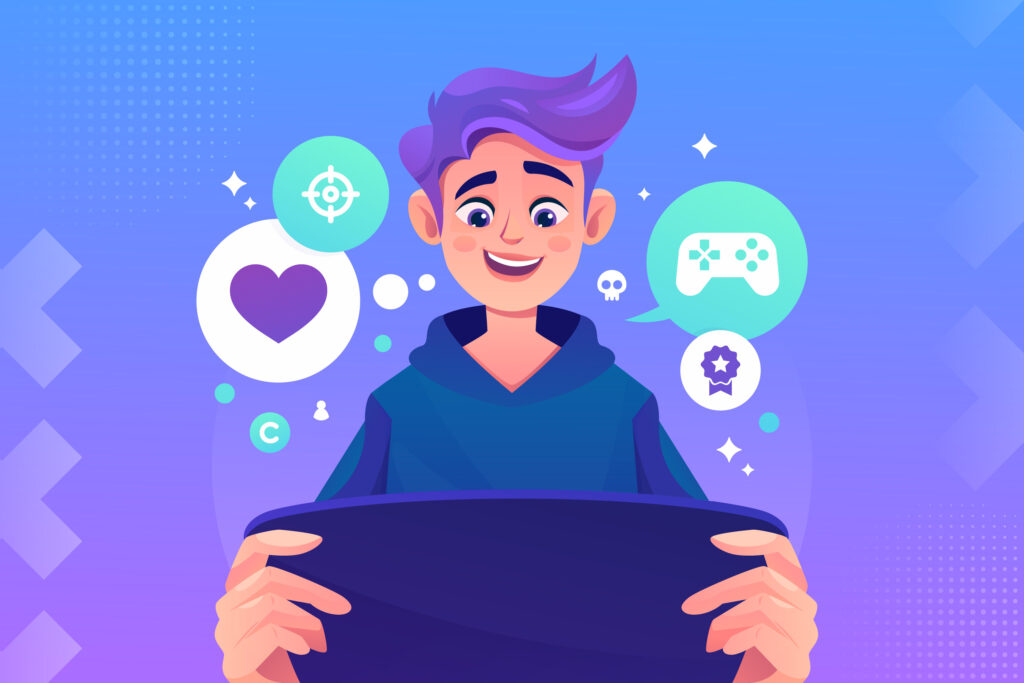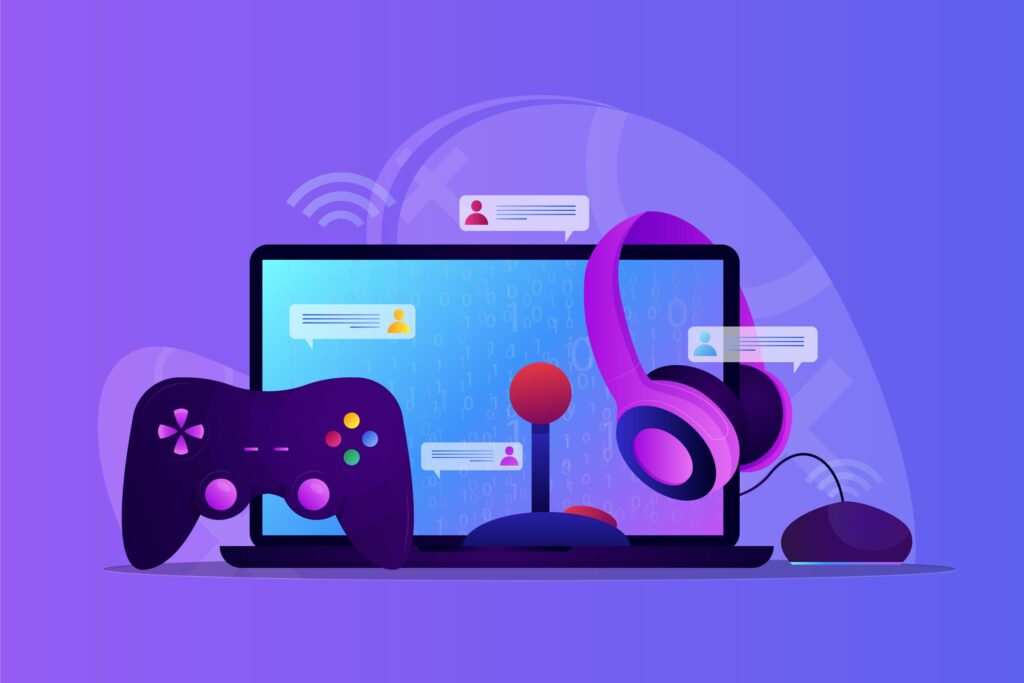

Are you ready to disrupt with AI? Join our Hackathon today! Click to Register
Table of Contents
ToggleI’ve been a game developer for about a decade now, and I can tell you that it’s not easy. The process of learning how to make games is long and complex, but if you’re willing to put in the work and keep building projects, it can be rewarding—and even fun!

You don’t need to be an expert in order to get started. The first step is learning the basics, which can be done by reading books and watching videos online. Once you know the basics, then it’s time for you to start playing around with your favorite game engine and writing code yourself!
You should also keep in mind that learning new things is a constant process; there will always be something new coming out every day! Don’t be afraid of asking for help when needed (and sometimes even just if it seems like something might help). Don’t worry about failing because everyone fails at first—the important thing here is how quickly we learn from our mistakes so we don’t repeat them later on down the road.”
Start small, If you don’t know anything about coding, start with a basic game engine such as Game Maker or Unity3D. You’ll find plenty of tutorials online for both of these programs and plenty more that are available from the software company itself, too.
You need to be able to ask for help. This can be as simple as asking a friend or family member if they know someone who might be able to teach you how to do something, or perhaps it’s more difficult—like asking a professor at your university if they could give you some feedback on an assignment that’s due soon. The point is, no matter how good of an idea it may seem at first glance (and even when we’re talking about things like “learning computer science”), there are always going be people out there who will want nothing more than to see you succeed in whatever area(s) interest them most—so ask them!
You also need to know how to give help–by teaching someone else something yourself and offering up some advice when asked (or even just by giving constructive criticism). In fact, this can go both ways: sometimes giving praise does wonders for improving our own skillset!”
Writing tutorials and blogs is one of the most effective ways to share your knowledge. It’s also a great way to get feedback on your work, as well as gain exposure.
If you’re not sure where to start, consider writing about:
Learn to use GitHub.
GitHub is a web-based hosting service for software development projects that use the Git revision control system. It was created to address shortcomings in the proprietary SourceForge platform, which was acquired by AOL in 2000. GitHub offers all of the distributed version control and source code management (SCM) functionality of Git as well as adding its own features.
This is the most important step and one that can make or break your game development career. If you don’t have an idea for a game, it’s impossible to create one.
Consider what you are good at: Do you enjoy making games? Is there something that interests you more than others? Is there an aspect of game design or programming that excites you? These are all good questions to ask yourself when considering how to become a game developer.
Consider what other people would like to play: What do people say about your favorite games? Do they sound fun based on their descriptions alone? Or does their appeal come from another source, such as graphics and gameplay mechanics (which may not involve traditional elements like movement)?
Consider what could be built in a short amount of time: Can someone make this project within six months or less if they put their mind into it hard enough (and have access through funding)? If so—then go ahead!

You should also play games you like. The best way to learn about how games are made is by playing them, and seeing what makes them fun—and then trying your own hand at making a game.
To get started with this, pick a genre of game that interests you (like role-playing or strategy), and find some games in that genre on Steam or elsewhere online. Try playing through each one twice: once as an ally and once as an enemy; then see if there’s anything interesting about the experience (for example, if there are any elements that seem particularly well-designed). Then try making some changes so that it feels different from other experiences of its kind—if nothing else, this will give you practice in programming code!
Once you get past the first steps of learning, the best thing you can do is keep building projects of your own until it starts feeling natural.
There are so many different things to learn about making games and even if you have a lot of experience as a developer now, it’s still important to keep learning new things and trying new things. You never know when something will come along that will open up whole new avenues for yourself or someone else who works with you every day on your team!
Hopefully, this was helpful for you! If you’re still unsure how to get started, there are plenty of resources out there to help. For example, we have a guide on how to become a game developer and our own blog with articles written by developers just like yourself. You can also check out our list of games made by students at the university or take a look at our popular “Game Dev 101” class that teaches newbies everything it takes from game design basics all the way up through programming languages like C# or Lua using Unity3D engine as an example.